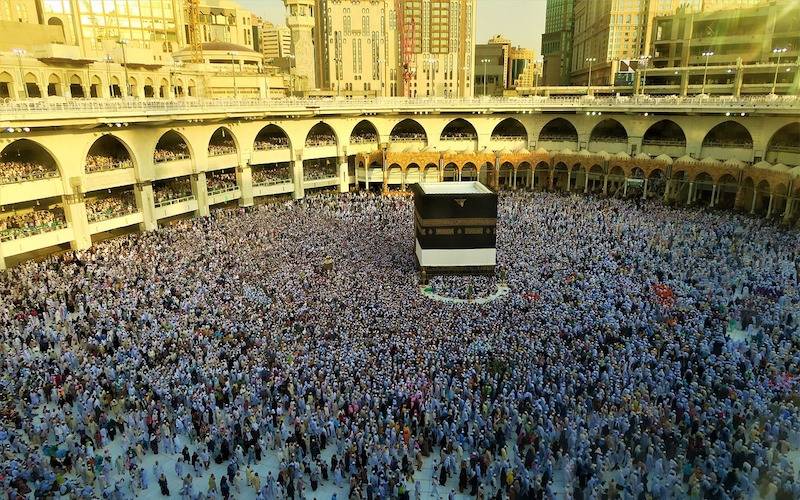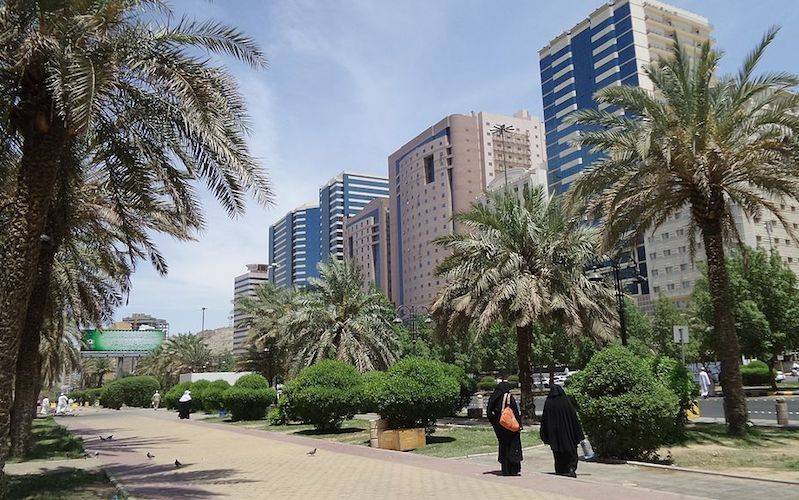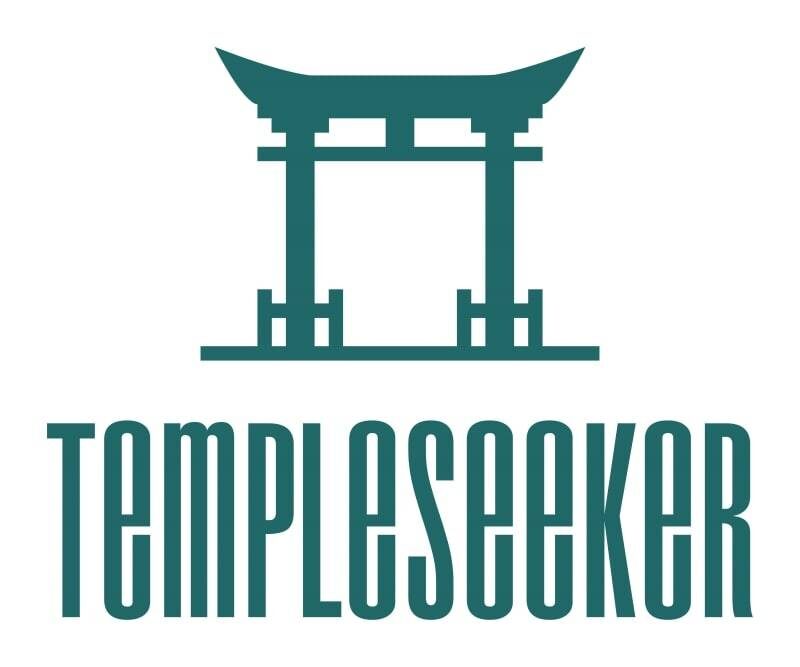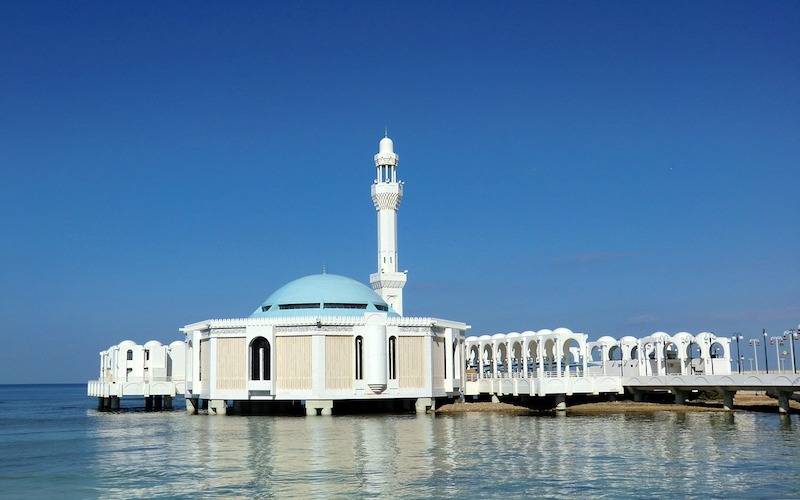If you are planning on visiting Saudi Arabia, there are a few things that you should probably know about the country. That’s because Saudi Arabia is like no other place you might have visited before. And everyone who goes there needs to make sure that they follow the local expectations and that they don’t offend any cultural or religious sensitivities.
Saudi Arabia is the largest among the Middle Eastern countries, the birth place of Islam and a territory best known thanks to its large oil reserves. The official language is Arabic, but English is also widely spoken. That is because Saudi Arabia has a large and diverse population of expats, comprising Indians, Pakistanis, Filipinos, Europeans, Americans, and many others. But what else should one know when traveling to Saudi Arabia?
Visiting Saudi Arabia – Culture and society
Saudi Arabia is a monarchy, and the ruler of Saudi Arabia right now is king Salman bin Abdulaziz Al Saud. House of Saud is the founding family of Saudi Arabia, and have been ruling the country since 1744, when Muhammad bin Saud founded the Emirate of Diriyah (also known as the First Saudi state). The House of Saud is estimated to have around 15,000 members.
The structure of the Saudi society is based on family and tribe. Saudi families tend to be large and the family members usually have very close relationships. Family names carry with them the history and the heritage of its members, and Saudis take their family duties very seriously. Muslim men can marry a maximum of four wives (considering that they are treated well and equally), which is an important factor in the creation of large families.
According to Islamic rules, Muslims are not supposed to drink alcohol. In Saudi Arabia, the use, possession, selling and producing of alcohol is punishable under the Sharia law.
Also, Muslims don’t eat pork, and all the meat products they do consume have to come from animals that have been slaughtered following certain rituals (that is what the ‘Halal’ term means). Meat is usually eaten as part of rice dishes, like ‘Kapsa’ (one of the traditional Saudi meals consisting of rice and roasted meat).
Visiting Saudi Arabia – Religion
Saudi Arabia is a Muslim country that is respecting and following the Sharia laws (religious rules and regulations) very closely. The Sharia represents the power of religion, and religious officials have a very important place in the Saudi society.
One of the most important times in Islam is the month of Ramadan, which coincides with the 9th month of the Islamic year. The beginning and the end of Ramadan are calculated following the Islamic lunar calendar, which means that every year, Ramadan will happen between different dates. During the month of Ramadan, Muslims fast from sunrise to sunset. It is not expected that expats and tourists of different religions should fast too, but eating, drinking, chewing gum and smoking in public areas is forbidden during daylight hours.
As in every other Muslim country, expect to hear the call for prayer coming from the mosques near you five times a day: at dawn, at noon, in the afternoon, at sunset and in the evening. Many businesses will be closed during prayer times.
In the Muslim world, Friday is a holy day, and a day of rest (like Sunday is in the Christian world). Weekends in Saudi Arabia start on Thursday afternoon and end on Saturday.

Visiting Saudi Arabia – Social customs
The segregation of the genders is one of the main things to respect and follow while in Saudi Arabia. Notice that public places will usually have special areas where only single men can sit, and other areas that are meant for families. Women do not usually go out by themselves, but if they do (like expat women do, for instance), they are expected to sit in the family areas. Shopping malls have special opening hours when only families are allowed to enter.
In public areas, you are expected to avoid any physical contact with persons of opposite sex, unless that person is related to you. Muslim men (especially married men) will usually refuse to touch a woman in any way if they are not related to her, and that includes handshaking. Between men, handshaking, hugging and even kissing on the cheek is very common, depending on the level of familiarity.

Women’s place in the Saudi society
Women are highly respected in the Saudi society because, according to the Islamic culture, women are the heart of the family and the keepers of their homes.
However, the rights women enjoy in Saudi Arabia have been the subject of discussion, heated disagreement and even mockery. The fact that Saudi women are not able to travel by themselves and without the consent of a male family member, the fact that they are only able to work in women only environments, and the fact that they were not allowed to drive, managed to scandalise women’s rights activists more than once. But slowly, slowly, Saudi women are gaining ground, and their most recent victory over the system happened when they were finally granted the right to drive.
Women in Saudi Arabia do, however, have the right to own property and invest their money in business deals of their own choice.
Expat women are expected to follow the Saudi dress code, and wear an abaya (a long, black robe worn over the street clothes), and a hijab (a head scarf that covers the hair).
Traveling to Mecca and Medina
It was on the territory of today’s Saudi Arabia that Islam was born. This is why the country is visited every year by huge numbers of tourists, visitors and pilgrims. The main pilgrimage sites are Mecca (located in the city of Jeddah), and the city of Medina.
Visitors go to these religious sites all year long, but especially during Eid ul-Fitr (two weeks holiday marking the end of Ramadan) and during the Hajj pilgrimage period that ends with a three days holiday called Eid ul-Adha (“day of sacrifice”).
Mecca is an ancient, holly Islamic city where Prophet Mohammed was born. Mecca is considered to be the heart of the Islamic faith, and it is in the direction of Mecca that Muslims position themselves during prayer. According to Islam, Muslims have the duty to travel to Mecca at least once in their lifetime. This is why Mecca is one of the busiest places on earth. Visitors of non-Muslim faiths are not allowed to enter Mecca, but they can visit Jeddha and the area surrounding Mecca. Non Muslims who enter Mecca in spite of the restriction will be subjected to penalties and even deportation.
Medina is the city where two of the most important mosques of the Islamic world are located: Al-Masjid an-Nabawi (‘Prophet’s Mosque’, where Prophet Mohammed’s tomb is located, together with the tombs of other important Islamic leaders), and Qiblatain Mosque (where it is believed that Prophet Mohammed received the command to change the direction of the prayer towards Mecca). Non Muslims visitors can go to Medina, but they are not allowed to enter the central part of the city where Prophet’s Mosque is located. Failure to respect this interdiction will result in penalties and even deportation.
There is so much to say about Saudi Arabia, but I cannot put everything in one article. I’ll just say this: be ready to meet a rich country with friendly (but distant) people, and with a culture deeply rooted in the Islamic laws. Oh, and also expect some really high temperatures.
You might also like to read about 7 Middle East Countries you should Totally Explore

